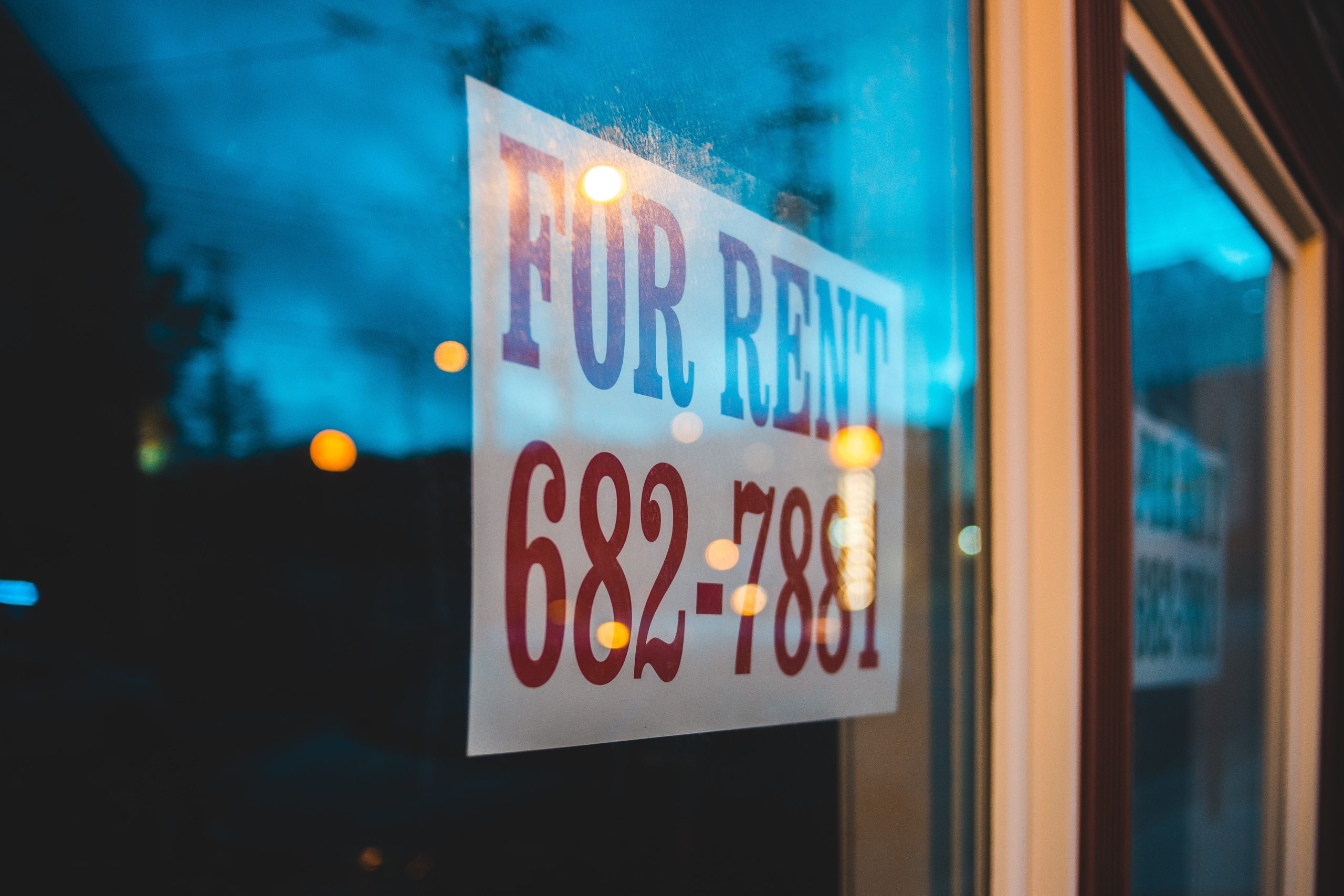The Road to Hell Is Paved With Good Intentions
Affordable housing is a hot topic, and a widely contested one. From the meaning of the term all the way up to solving the crisis, most have strong feelings one way or the other. For the sake of this conversation, we will be looking at affordable housing as it relates to government-subsidized housing, or the HUD (Housing and Urban Development) Section 8 voucher program. The Housing and Community Development Act of 1978 created the program to provide financial assistance for low and moderate-income families to rent apartments in the private sector.
In theory, this program should be a blessing for both prospective tenants and the landlords renting to them. Casting aside anyone’s personal feelings about government subsidies, a significant portion of the population already benefits from other programs such as Medicaid, SNAP/EBT, and Medicare. While the criteria to qualify for each vary, and there are the occasional bad actors who find ways to manipulate the system, it would hopefully be fair to say most can agree that we are all entitled to our health and a roof over our heads. The trouble arises when the government tries overstepping its ability. But we will come back to that.
The availability of any form of rentals in many urban markets is already a key issue in the housing crisis. Many landlords will only rent to the most qualified applicants, which is understandable. The property is their asset, giving them every right to choose who they rent to. Selecting a tenant with no income and a poor credit score would be like loaning your car to an obviously intoxicated person. The probability of something bad happening is just too high. The nuance in this conversation though is that Section 8 rent is guaranteed and paid directly by the local housing authority, making these voucher holders highly qualified so long as the rent does not exceed their approval.
So, why do some landlords make it a habit of avoiding voucher holders? Ok, that might be a loaded question, so we will look at the answer that starts at the root of the problem – government oversight. That’s not to argue oversight in some fashion is a bad thing. Since our tax dollars fund these programs, someone should ensure the voucher holders receive the services we pay for. To ensure compliance, a housing authority inspection is conducted on the apartment before a voucher holder receives approval. At current standards, these inspections are minimally invasive in most cases and are supposed to ensure the tenant’s safety.
Once a unit has been inspected and approved, a check is issued to the landlord for the first month rent and security deposit. Then, an annual inspection is conducted every single year the tenant resides in the unit – and this is where things start to get tricky and support the narrative that section 8 is difficult to deal with. If violations are found, even if they were caused by the tenant, payments will be withheld if repairs are not completed in a timely manner. So, if your tenant breaks a window (which would normally be their responsibility to fix or get deducted from their security deposit), the landlord is stuck fixing it. By and large, under the current system, ample time is allowed for the repair to take place before payments get suspended.
But now HUD has decided to take things a step further in 2024 and make the guidelines almost unattainable for everyone involved: the inspectors certifying the units, the landlords, and ultimately the tenants that will find even fewer viable options becasue of the changes. This new certification process will disqualify any inspector who is not a licensed or certified home inspector from conducting the inspections. As a general rule, a home inspector will charge more for these more detailed inspections and their expertise than whoever has been historically performing the task. Becasue there are federal funds at play here, the increased cost will be offset by our tax dollars.
For the landlords, the aggravation of trying to comply with the new regulations will make accepting voucher holders more undesirable than ever. And to be clear, the severity of the new inspections is so great that it would be safe to say 90% of all homes in America would not qualify for the program. Think I’m kidding? Well, let’s say your clothes dryer has a plastic exhaust vent instead of a metal vent. A new tenant will not receive approval unless you swap it out, and any existing tenants who moved in under the old guidelines will have 24 hours to fix the issue when uncovered during an annual inspection. Yep, an entire month of rent forfeited over a dryer vent that poses no threat to anyone.
All this leads to a bigger problem – the contradictory standpoint taken by HUD. The government is not a player in the private real estate market, meaning they are not taking any steps to build new affordable housing units, let alone to the new absurd standards. The demand is so great for landlords to accept voucher holders that the agency will often pay higher than the fair market rent, cover realtor commissions, and even give the landlords bonus money! With such high demand and low supply already, why make the system more challenging than it needs to be? It is already incredibly difficult for a voucher holder to find suitable accommodations, which will now become nearly impossible.
As with anything involving the government, only time will tell when they will realize the error of their ways and start pointing fingers of blame at each other. One thing is for sure, though. The unfortunate rise in rents, evictions, and overall levels of homelessness from innocent tenants with no say in the matter is completely avoidable with a little common sense.








